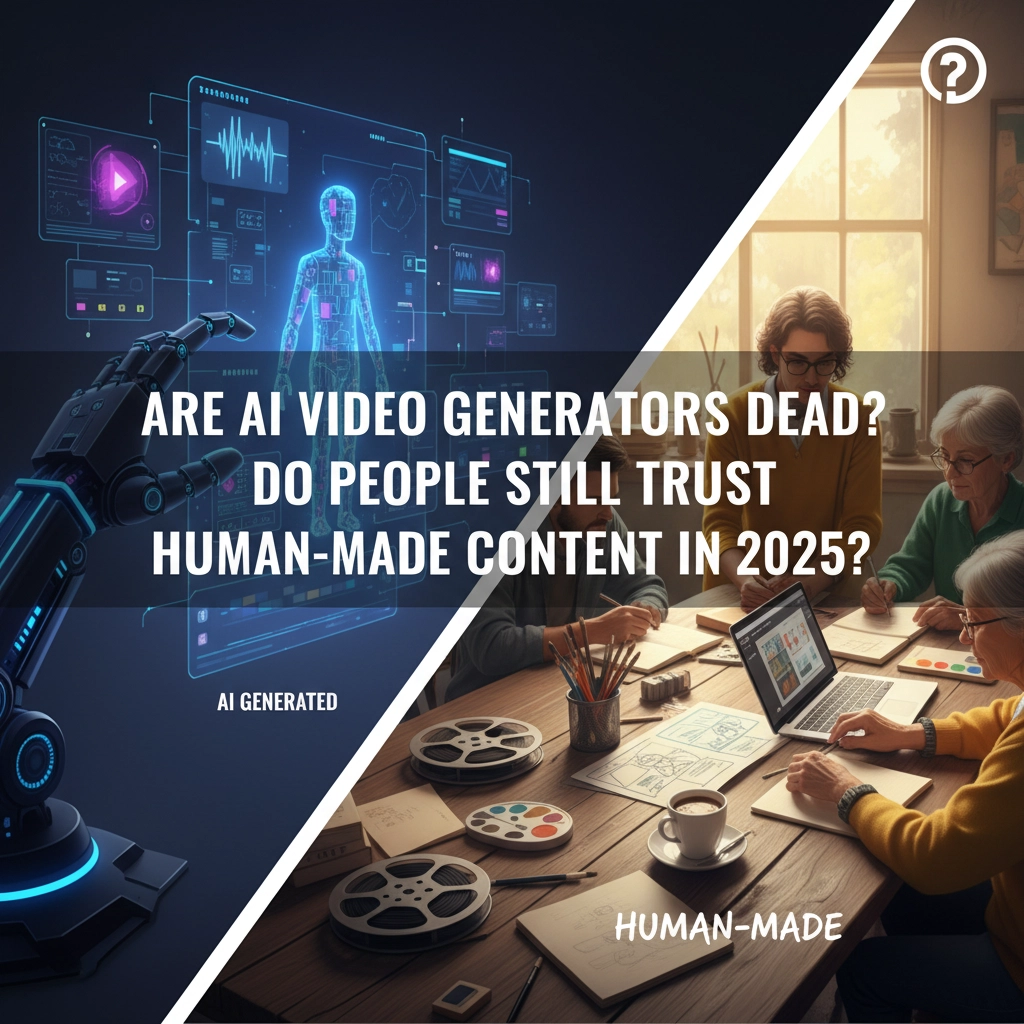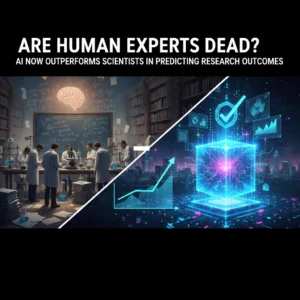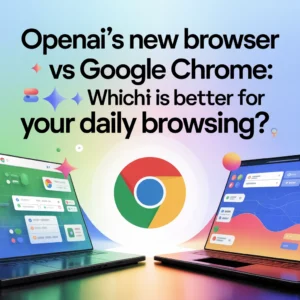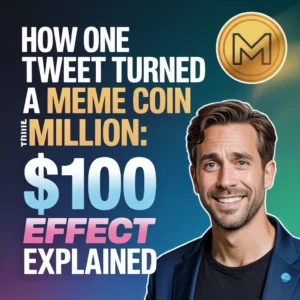You've probably seen those headlines screaming about "AI fatigue" or the "death of artificial intelligence." But here's the thing that might surprise you: AI video generators aren't just alive in 2025: they're absolutely crushing it. The real question isn't whether these tools are dead (spoiler: they're not), but whether we can still tell what's real anymore.
Let me paint you a picture. Last week, my friend Sarah showed me what she thought was a behind-the-scenes clip from a major movie studio. Turns out it was made by a college student using AI in about 20 minutes. That's when it hit me: we're not debating whether AI video is dead. We're living in a world where we can't tell the difference.
AI Video Generators Are Actually Booming
The numbers don't lie. Runway, one of the biggest AI video platforms out there, pulled in 14.9 million visitors just this past March. That's not exactly what you'd call a dead industry.
Here's what's really happening in the AI video space right now:
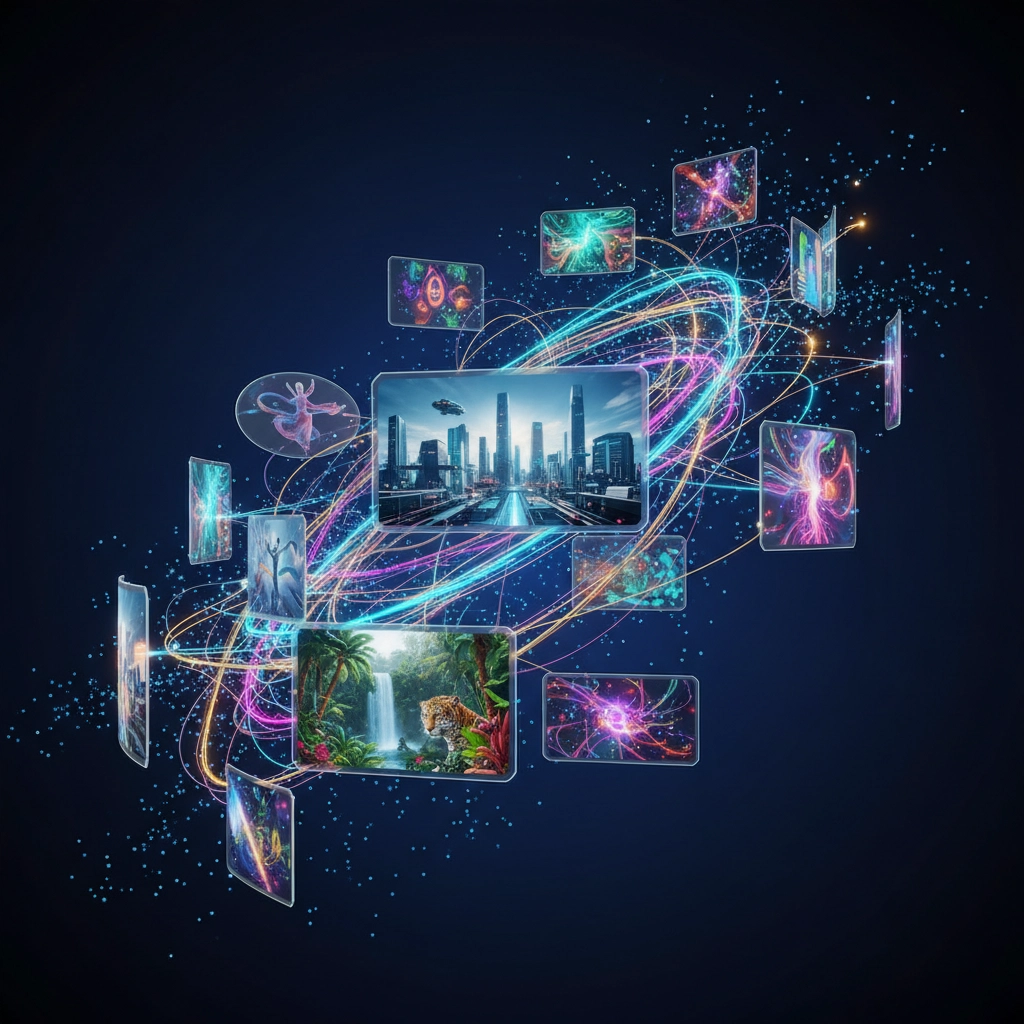
The market isn't shrinking: it's exploding. We've got over a dozen major players all fighting for your attention. Sora 2, Veo 3, Kling, Runway Gen-4, Luma Dream Machine: these aren't startups limping along. They're well-funded companies pushing out new features faster than most people can keep up.
And the pricing? That tells the real story. These tools range from free versions to premium subscriptions hitting $79 per month. You don't see that kind of pricing structure in a dying market. Companies don't invest millions in R&D for something people aren't buying.
The technology itself has gotten scary good. We're talking about AI that can create videos that rival professional productions: complete with sound effects, voiceovers, and cinematic quality that would've cost thousands just a few years ago. Content creators are using these tools for everything from TikTok clips to full-length documentaries.
The Real Trust Crisis (What's Actually Happening)
But here's where it gets interesting. While AI video tools are thriving, there's definitely something weird happening with trust online. And it's not exactly what you'd expect.
The Edelman Trust Barometer dropped some pretty wild stats this year. Get this: 70% of people think journalists are purposely trying to mislead them. That's not about AI vs. human content: that's about trust in information itself falling off a cliff.
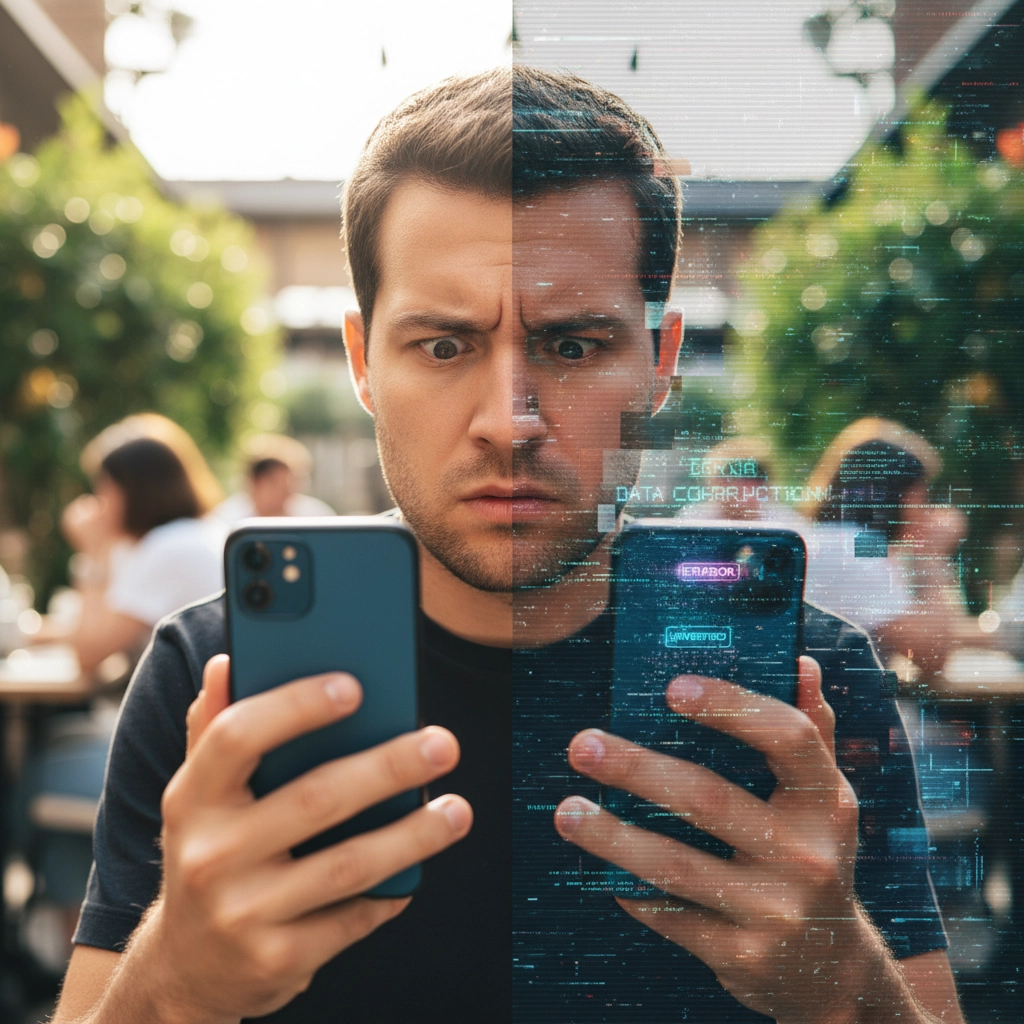
The Reuters Institute found that 58% of people worry about whether news content is authentic. The World Economic Forum called misinformation and disinformation major global risks, pointing to AI-generated content as part of the problem.
But here's the twist: people aren't necessarily running back to "human-made" content. They're questioning everything. That perfectly shot Instagram reel? Could be AI. That news video? Maybe deepfaked. That viral TikTok everyone's talking about? Who knows anymore?
The trust crisis isn't "AI bad, humans good." It's "nothing feels real anymore, and I don't know what to believe."
Think about your own social media feed. How many times this week did you see something and wonder, "Wait, is this real?" That feeling isn't about preferring human creators: it's about not knowing what's authentic in a world where AI can fake anything.
Why This Matters for Creators and Consumers
This whole situation creates some pretty weird dynamics. Content creators are caught in the middle of this trust tornado. Some are leaning hard into AI tools because they're incredibly powerful and cost-effective. Others are going full "handmade" and advertising their human-only approach.
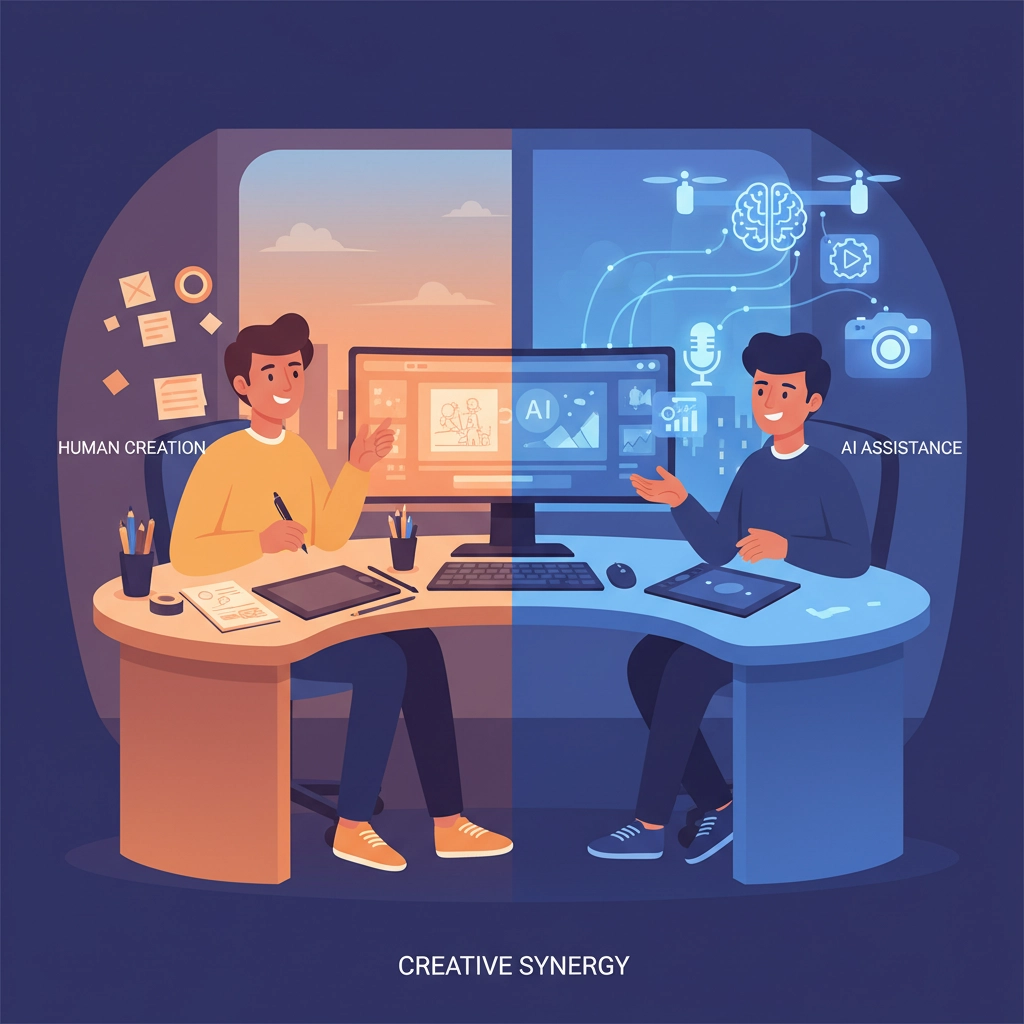
Let me tell you about my buddy Jake, who runs a YouTube channel about cooking. Six months ago, he started using AI for his thumbnail designs and some background music. His views went up, his production costs went down, and everything seemed great. Then he started getting comments asking if his actual cooking videos were AI-generated too.
Now Jake puts "100% real cooking, real kitchen, real mistakes" in all his video descriptions. He's not anti-AI: he still uses those tools for graphics: but he realized his audience needed reassurance about the core content.
This is happening everywhere:
• News organizations are adding "verified human reporter" badges to articles
• Social media influencers are showing more behind-the-scenes content to prove authenticity
• Musicians are releasing "making of" videos to show their creative process
• Artists are documenting their work from start to finish
The smart creators aren't choosing sides in some AI vs. human war. They're being transparent about what they use and why.
What's Next for AI Video and Trust
Looking ahead, the AI video generator market shows zero signs of slowing down. Investment is pouring in, users are growing, and the technology keeps getting better. We're probably going to see even more powerful tools that blur the line between AI and reality.
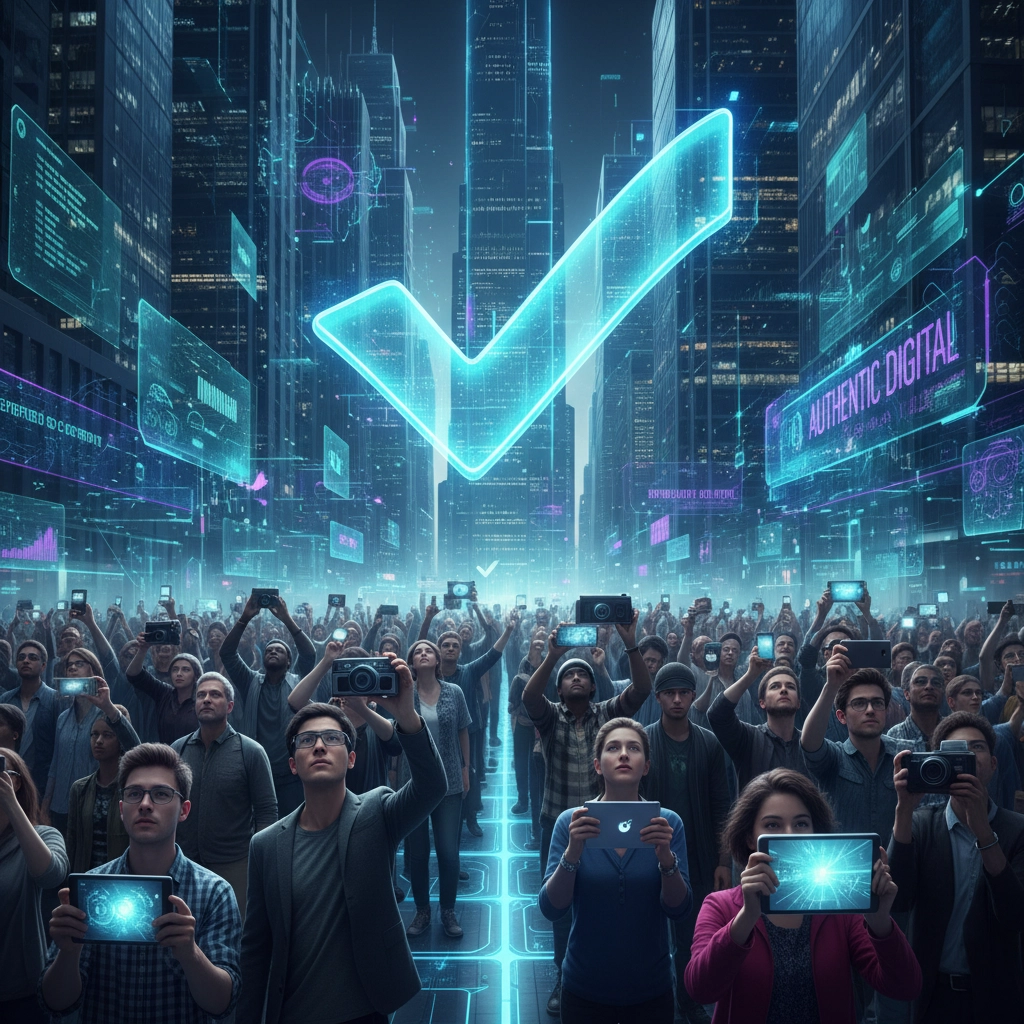
But the trust issue? That's going to stick around for a while. We're entering an era where "trust but verify" isn't just smart: it's necessary for consuming any digital content.
The solution isn't going to be abandoning AI tools. That ship has sailed, and honestly, these tools are too useful to ignore. Instead, we're likely to see:
New verification systems that can detect AI-generated content. Better transparency from creators about what tools they use. Platform changes that require disclosure of AI assistance. And probably most importantly, better media literacy education so people can navigate this new landscape.
The companies winning in this space won't be the ones with the best AI or the most "human" approach. They'll be the ones that help their audiences understand what they're looking at and why they should trust it.
Some creators will go fully AI-powered and be upfront about it. Others will stick to traditional methods and market that authenticity. Both approaches can work: as long as they're honest about what they're doing.
The real question isn't whether AI video generators are dead or whether people trust human-made content more. It's simpler and more complicated: In a world where anyone can fake anything, how do we decide what deserves our attention and trust?
What do you think: are you changing how you consume video content knowing that AI can create almost anything now?

